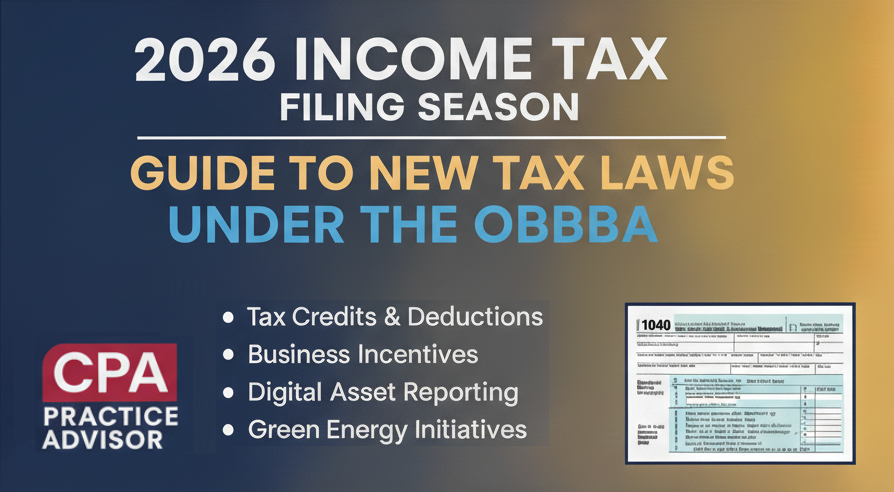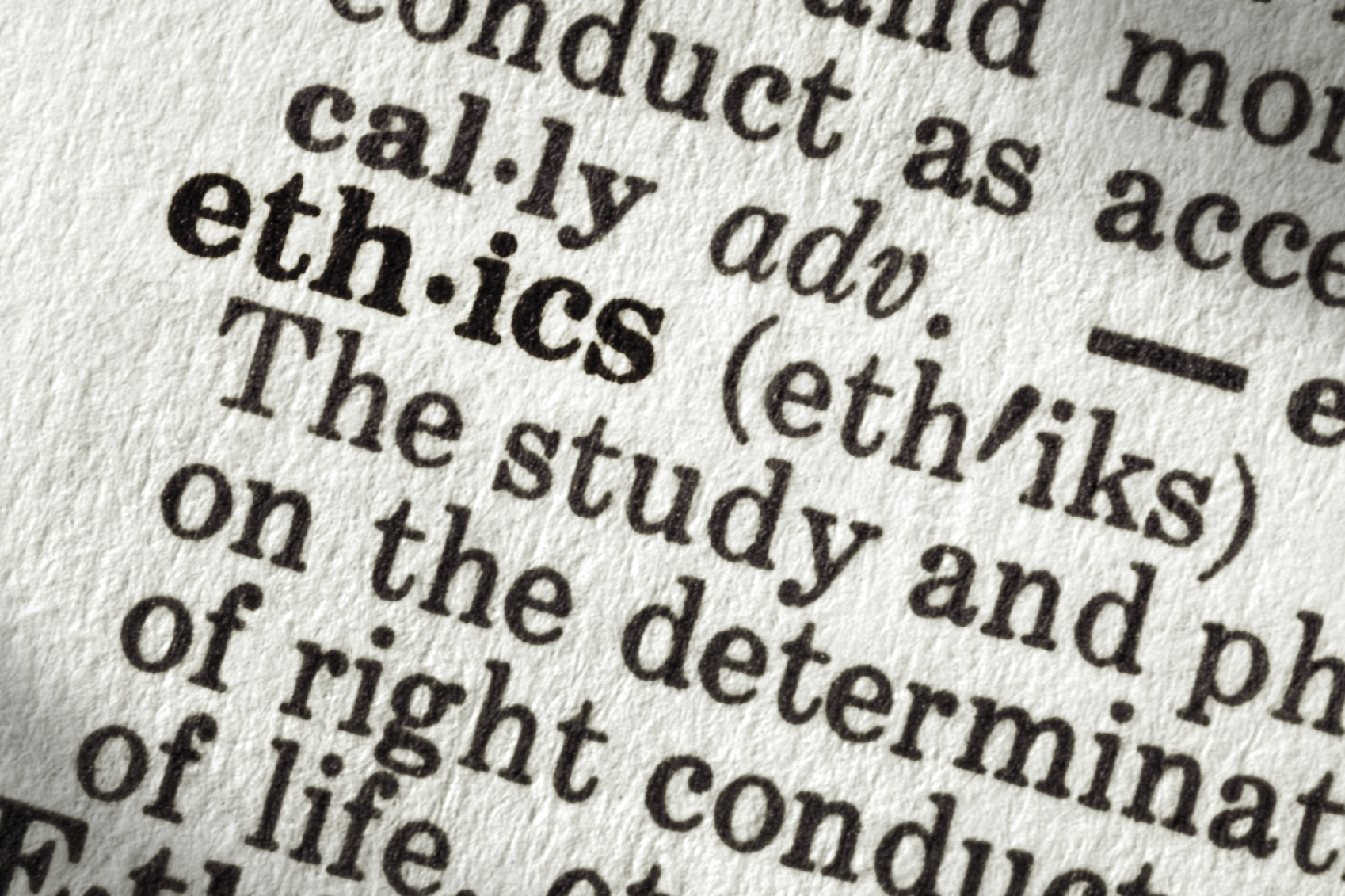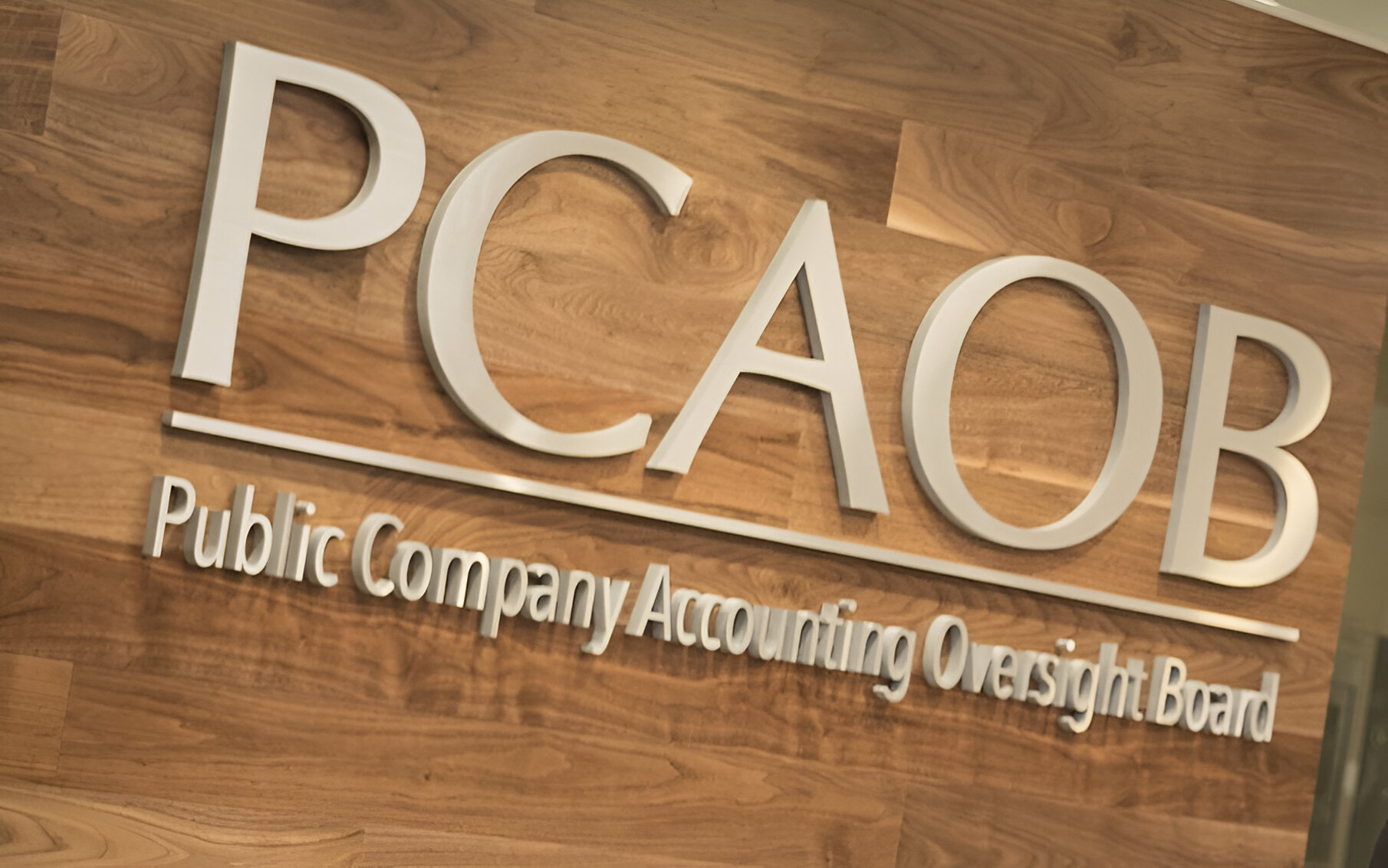As Connecticut tax preparers look ahead to the 2018 tax filing season, the state has enacted a law (P.A. 17-147) regulating the profession in an effort to protect taxpayers from fraud and questionable practices.
Many professional organizations have opposed these kinds of rules, but Connecticut lawmakers accepted the argument of Connecticut Commissioner of Revenue Services Kevin B. Sullivan in testimony before the Connecticut Senate Finance Committee earlier this year that, “it’s pretty much the wild, wild west out there. No one even knows who these preparers are, their qualifications, or their business practices.”
While many states impose penalties on preparers in limited situations, only a handful comprehensively regulate them in the way Connecticut now does. Accountants and lawyers, who are already required to be licensed, are exempt from the new law’s permitting and disclosure requirements, but all tax preparers are subject to penalties, if they violate the law’s standards of conduct.
Existing state regulation. Many states impose penalties on preparers for fraud, failing to use a Preparer Tax Identification Number (PTIN), or failing to keep taxpayer information confidential. Like Connecticut, Minnesota has established standards of conduct for the profession. Illinois recently instituted PTINs to identify preparers who prepare fraudulent or otherwise erroneous returns and returns reflecting unsubstantiated tax positions.
Connecticut has become one of only a few states, including New York, California, Oregon and Maryland, that comprehensively regulate tax preparers, by requiring licensing and imposing educational requirements. All of these state requirements, including Connecticut’s new rules, apply to individuals who are not already licensed attorneys or accountants. Oregon licenses both tax practitioners and tax consultants, which are both subject to extensive educational requirements and must pass a state exam with a score of 75%.
Oregon tax preparers and consultants must then complete 30 hours of continuing education annually. Maryland requires preparers to register after passing either a state or IRS exam or providing proof of extensive experience preparing returns and also imposes mandatory continuing education requirements. This year, Maryland bolstered the state’s ability to police tax preparers by allowing the state attorney general to obtain injunctive relief to stop an individual from acting as a tax preparer if that person does not comply with the state’s requirements.
California requires annual registration of preparers after demonstrating completion of 60 hours of instruction and obtaining a $5000 surety bond. In addition, California preparers must complete 20 hours of continuing education annually. New York has an annual registration requirement for tax preparers and facilitators and requires commercial tax preparers to complete continuing education requirements.
While Connecticut’s new law borrows elements from many of these existing state regulatory regimes, the new requirements are generally less burdensome and seek to establish basic competency and ethical requirements for preparers in order to protect consumers.
Connecticut’s standards of conduct. Beginning October 1, 2017, all tax preparers in Connecticut must adhere to specified standards of conduct or face a civil penalty of $500 for each violation. The law prohibits tax preparers from thirteen different actions:
(1) imposing fees for making or facilitating a refund anticipation loan or check;
(2) engaging in unfair or deceptive acts in making or facilitating a refund anticipation loan or check;
(3) arranging for a third party to impose any interest, fee, or charge related to a refund anticipation loan or check;
(4) taking or arranging for a creditor to take a security interest in a taxpayer’s property interest (other than a tax refund) to secure a refund anticipation loan;
(5) collecting an outstanding or delinquent refund anticipation loan for any creditor or assignee;
(6) materially misrepresenting any fact in obtaining a permit;
(7) refusing or failing to return a taxpayer’s documents within a reasonable time;
(8) refusing or failing to provide a taxpayer with a copy of any document requiring his or her signature within a reasonable time;
(9) failing to maintain a copy of a prepared return for four years;
(10) requiring or allowing a taxpayer to sign blank or incomplete tax forms;
(11) requiring a taxpayer to designate the tax preparer or facilitator as the payee for a federal or state personal income tax refund;
(12) requiring a taxpayer to designate and use a specific bank, debit card, or stored value card provider for a federal or state personal income tax refund; or
(13) including specified waivers or assignments of the taxpayer’s legal rights in documents issued in conjunction with refund anticipation loans or checks.
Regulation of facilitators. Facilitators who issue or make refund anticipation loans or checks are also subject to the new standards of conduct, as well as the permitting and disclosure requirements. Facilitators include those who solicit, process, receive or accept an application or agreement for a refund anticipation loan that is secured by or repaid from a federal or state personal income tax refund. Facilitators are also those who issue refund anticipation checks, debit cards, stored value cards, or other payment mechanisms representing the proceeds of a federal or state personal income tax refund. Facilitators do not include employees who provide only clerical services.
Permitting and disclosure requirements. Additional permitting and disclosure requirements apply to Connecticut tax preparers in 2018 and 2019. These requirements do not apply to accountants holding an active license from the State Board of Accountancy or a valid and active permit, license, or equivalent professional credential issued by another U.S. state or jurisdiction, or to attorneys or anyone engaged in providing tax preparation services under an attorney’s supervision. The law exempts others from the requirements, including individuals enrolled to practice before the Internal Revenue Service under Circular 230; local, state, or federal employees engaged in their official duties; estate fiduciaries; certain employees of tax preparers; and specified volunteer tax preparers and counselors.
Starting October 1, 2018, the law requires disclosure agreements to prevent identity theft and to protect taxpayers from overpaying for services. Prior to providing services, a tax preparer must provide a written disclosure that includes identifying information, an estimate of the charge for all requested tax preparation services; and a warranty that the tax preparer will provide for secure storage and transmission of the taxpayer’s personal and tax information.
Beginning January 1, 2019, the law also requires permits for both tax preparers and facilitators and imposes a civil penalty of $100 for each day without a permit. The fee for a permit is $100 for a period of two years. Each individual applying for a permit must be 18 years of age or older; have obtained a high school diploma; and must possess a PTIN to be used on each return, refund anticipation loan or refund anticipation check. In addition, evidence satisfactory to the Commissioner must be presented showing that the applicant has experience, education or training in tax preparation services. As of January 1, 2020, evidence of competency must include completion of an annual filing season program administered by the IRS. Permits can be revoked or suspended if the tax preparer engages in criminal acts, fraud, or unprofessional conduct resulting in disciplinary action.
Conclusion
Connecticut’s decision to increase regulation of tax preparers resulted from the state tax agency seeing an increase in errors and predatory practices. Although state regulation of tax preparers has raised concerns among many in the profession who are leery of burdensome and conflicting state requirements, government and consumer concerns about identity theft, consumer fraud and privacy of personal information are likely to continue to push states towards more, rather than less, oversight of tax preparers in the coming years.
———-
Teresa Callahan is a senior editor for Thomson Reuters Checkpoint and has reported on state and local tax issues for over 20 years. She is a graduate of the University of Connecticut and has a law degree from The George Washington University Law School.
Thanks for reading CPA Practice Advisor!
Subscribe Already registered? Log In
Need more information? Read the FAQs



